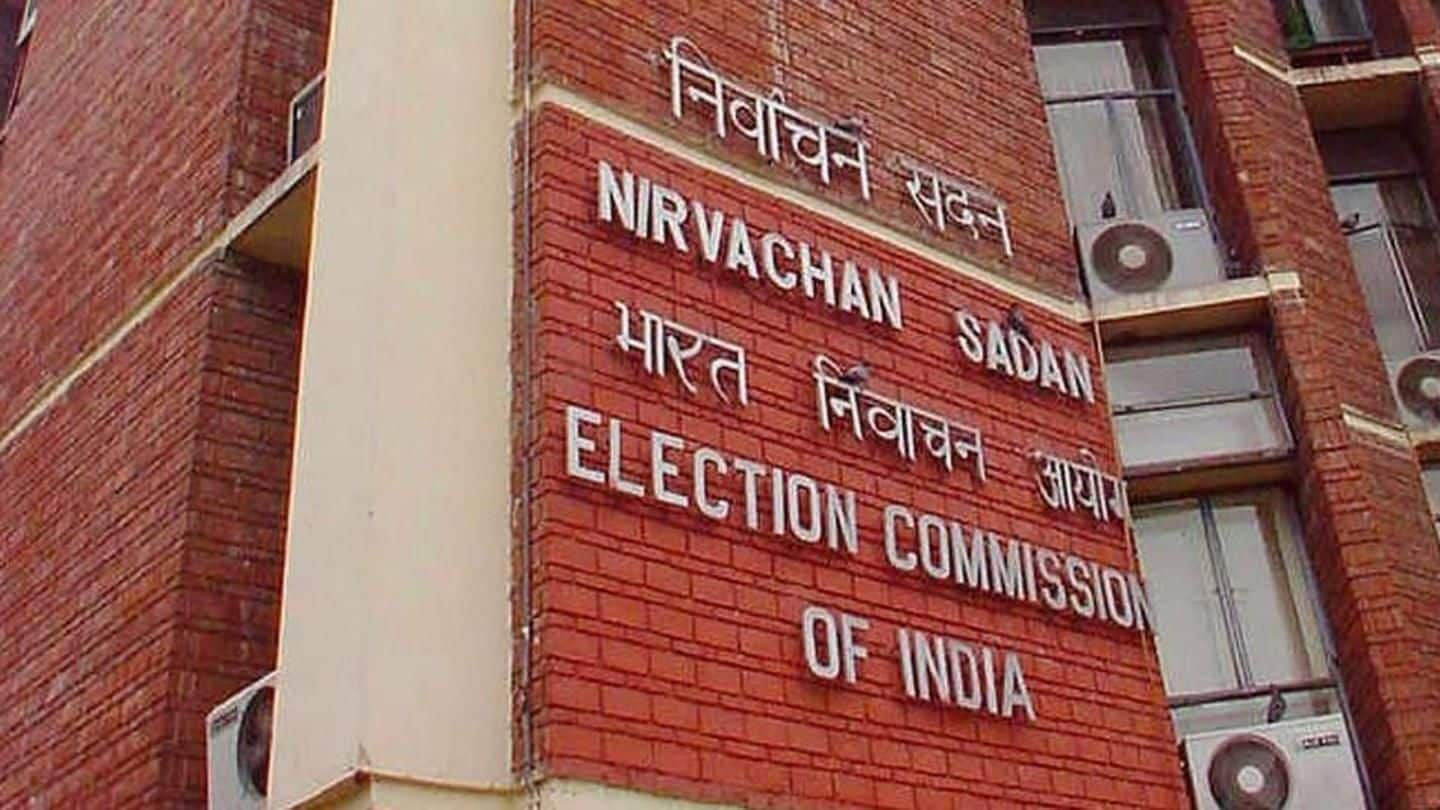
CBDT: Scrutiny of lawmakers' assets can't be made public
What's the story
The Central Board of Direct Taxes (CBDT) has reportedly told the Election Commission that the scrutiny of assets declared by MPs and MLAs in their poll affidavits cannot be disclosed to the public. The Election Commission, earlier, had sought clarification on whether the public could access reports on the verification of election affidavits by the Director General of Income Tax (Investigation) via RTI.
Do you know?
How the verification of poll affidavits is carried out
Election affidavits are verified by the Director General of Income Tax (Investigation) based on jurisdiction and the verification reports directly go to the EC. If there's a discrepancy in an affidavit, then the concerned assessing officer can take action under the I-T Act.
CBDT-EC agreement
The CBDT and the EC's poll affidavit agreement
The issue dates back to June 2013 when the EC entered into an agreement with the CBDT regarding the assessment of poll affidavits of candidates. Under the agreement, the CBDT would scrutinize cases forwarded by the EC, and check whether the movable and immovable assets declared by a contesting candidate matched their earlier declared incomes.
Information
Which cases are forwarded to the CBDT by the EC?
The EC normally forwards cases where a contesting candidate's assets have grown phenomenally since the last election, cases where the PAN number of candidates haven't been declared despite their assets being above Rs. 5cr, and cases where new movable assets exceed Rs. 2cr.
EC's argument
The EC believes such reports should be made public
According to the Indian Express, the Election Commission apparently holds the view that since verification reports aren't investigative reports, their public disclosure should not be restricted under Section 24 of the RTI Act, which exempts certain organizations from its ambit. The EC also holds that such disclosure would empower the public and enable them to lodge FIRs against lawmakers who falsely represent their assets.
CBDT's response
The CBDT thinks public disclosure isn't "feasible"
Despite the EC's (rather convincing) argument, the CBDT holds that such disclosure would not be "feasible" as it would be in contravention of Section 138 of the Income Tax Act which prohibits furnishing any information on someone being assessed under the I-T Act. Additionally, the CBDT has also declared that disclosing such information is punishable under law.